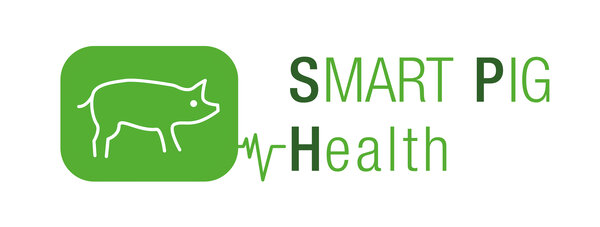Smart Pig Health, a Flagship Innovation Experiment (FIE#11) in SmartAgriHubs, has been included as a case-study in a study for the Agri-committee of the European Parliament. The study presents the impact of the digital economy on the food chain and the Common Agricultural Policy. Smart Pig Health is mentioned as an exemplary case that uses technologies with a high expected impact on the agri-value chain.
Smart Pig Health aims to increase the animal welfare and the competitiveness of pig farmers by using a combination of Internet of Things (IoT), Big Data and Artificial Intelligence. The project regularly monitors variables such as humidity, temperature, noise, water and feed consumption, as well as NH3, CO2 and H2S levels. All of these elements affect pig health and the data collected on them will help to implement prediction models for animal welfare and to reduce the use of antibiotics.
The study was requested by the European Parliament, to gather information on the digital trends and their relationship with the common agricultural policy. The study divided upcoming technologies in three groups with respectively a high, medium or low expected impact on the agri-food value chain. In fact, the technologies used in Smart Pig Health are considered as ‘very disruptive’ since they provide rich and valuable information for decision makers.
The reference to Smart Pig Health in the study is an acknowledgement of the important work the Smart Pig Health team is doing in Lower Saxony. Not only does the study increase the awareness about the results of the Innovation Experiments and their work within the SmartAgriHubs framework in general, it also raises the profile of our project among MEPs, who are relevant decision-makers for the future digitalisation of agriculture in Europe.
Next to the study, the Smart Pig Health Innovation Experiment presented its own logo. The logo and the FIE will be included in the next annual yearbook of the Chamber of Agriculture in Lower Saxony (Germany).
You can find the study here.
